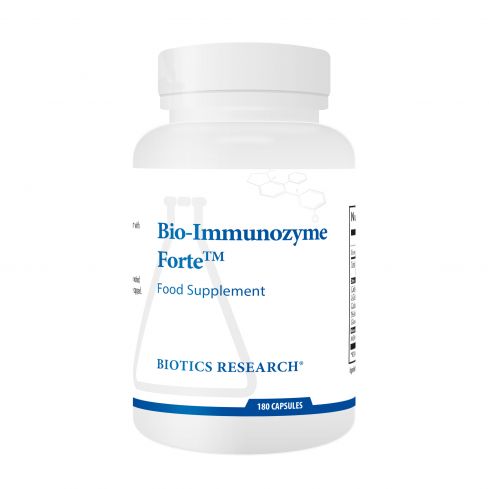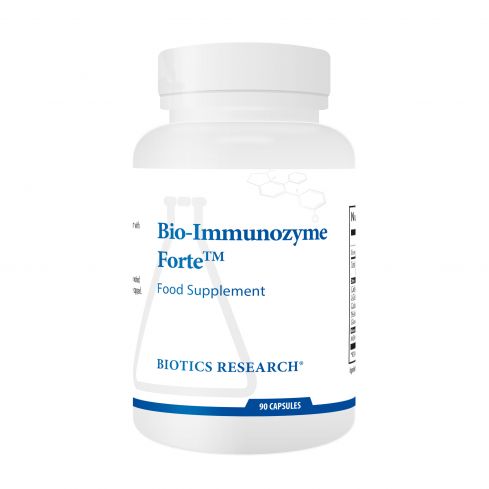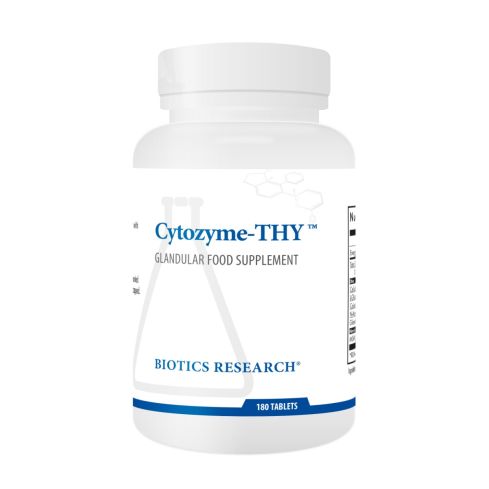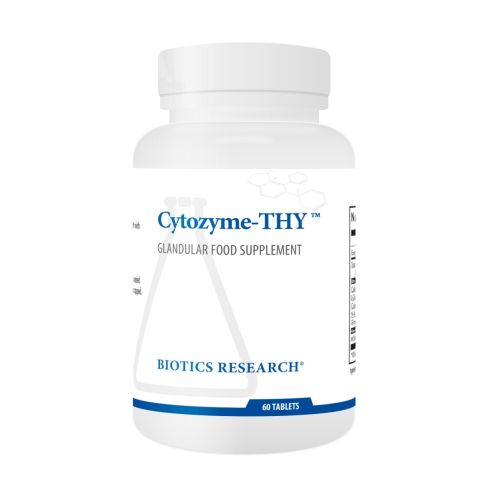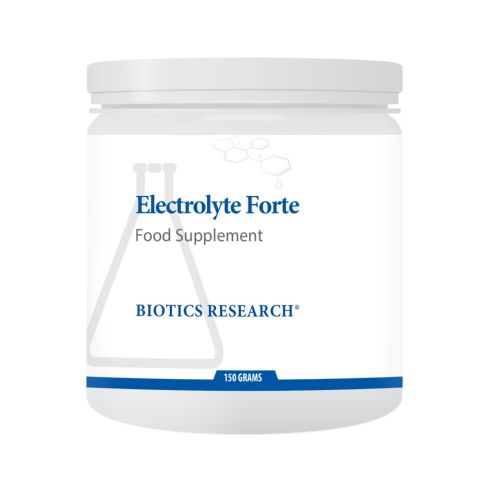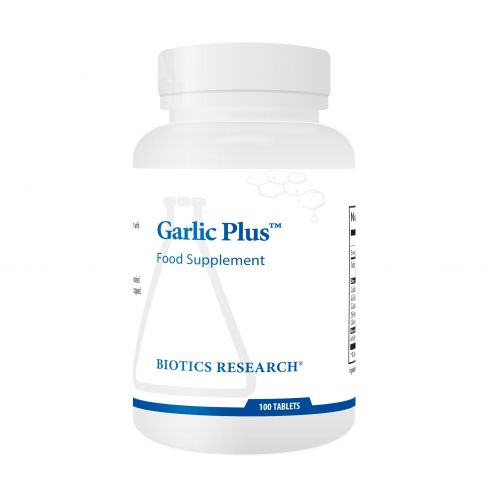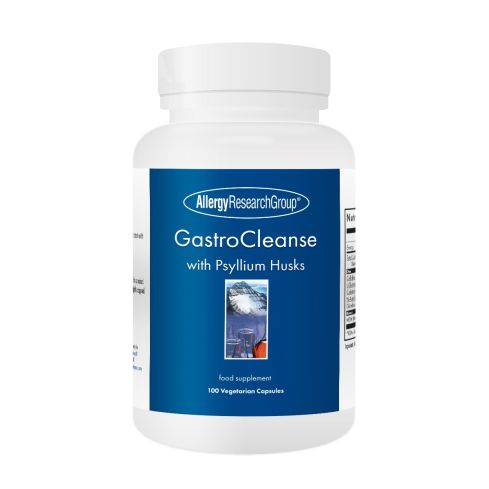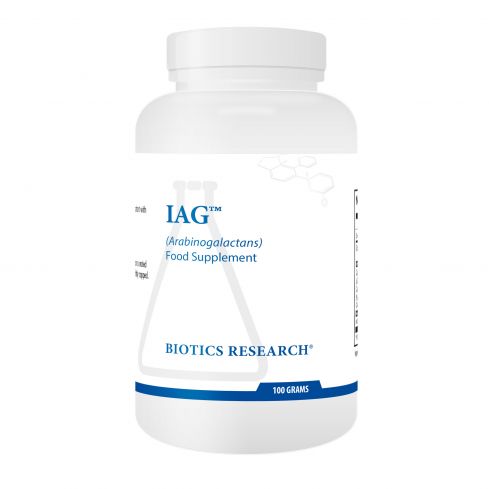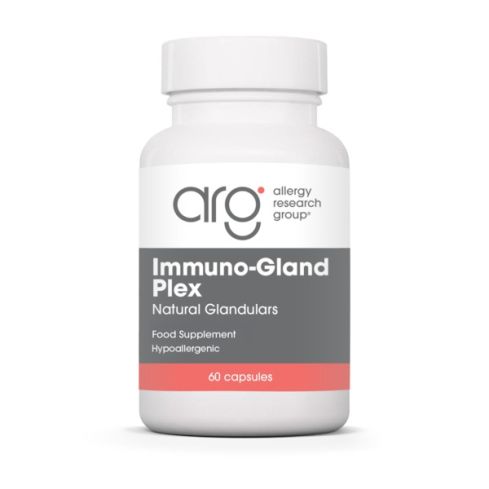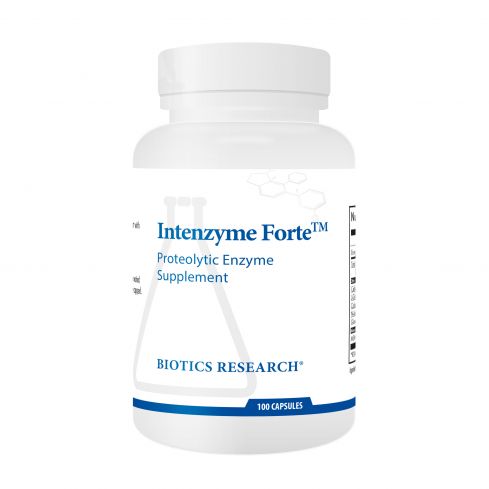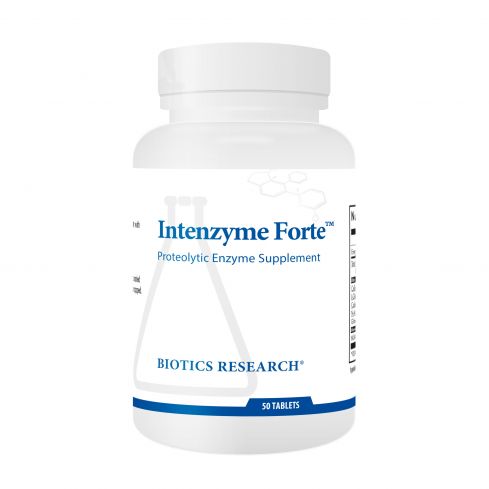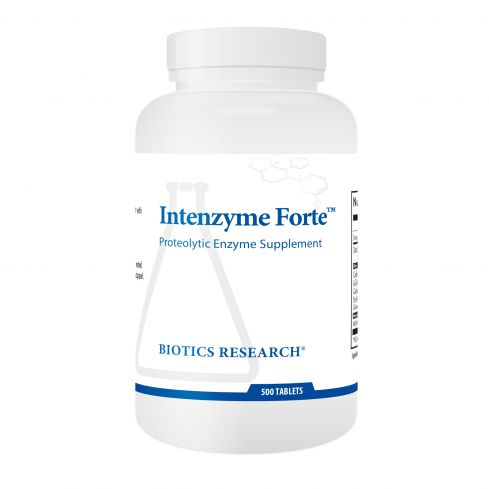- Home
- Products
- Conditions
- Lymph Support
Lymph Support
The first thing to understand about your lymph system is its size. Like the circulatory system that supplies blood, the network of lymph vessels serves almost every cell in your body.
The lymphatic system is composed of a vascular network of thin-walled capillaries that drain protein-rich lymph from the extracellular spaces within most organs. A continuous single-cell layer of overlapping endothelial cells lines the lymphatic capillaries, which lack a continuous basement membrane and are, therefore, highly permeable. Lymph returns to venous circulation via the larger lymphatic collecting vessels, which contain a muscular and adventitial layer, and the thoracic duct. The lymphatic system also includes lymphoid organs such as the lymph nodes, tonsils, Peyer’s patches, spleen, and thymus, all of which play an important role in the immune response.
The lymphatic system develops in parallel with the blood vascular system through a process known as lymphangiogenesis, and lymphatic vessels are not normally present in avascular structures such as epidermis, hair, nails, cartilage, and cornea, nor in some vascularised organs such as brain and retina. Although studies of normal development and pathologic growth of the blood vascular system have thoroughly elucidated the molecular mechanisms that control these angiogenic processes studies of the lymphatic system have been hindered by the lack of specific lymphatic markers and growth factors. Consequently, the understanding of the development and function of the lymphatic system and its role in disease is still emerging.
The largest concentration of lymph tissue in the body surrounds the intestines. Called gut-associated lymphatic tissue, or GALT, this tissue is the guardian of this largest gateway through the body’s defenses, and it actively separates desirable nutrients from undesirable pathogens, and helps mount a defence whenever needed.
How can supplements help with lymphatic system support?
The lymphatic system is an essential part of the body's immune system, responsible for removing waste and toxins from the body. However, when the lymphatic system is not functioning correctly, it can lead to a range of health problems, including lymphedema, swollen lymph nodes, and poor immune function. That's where Nutri-Link's Lymph Support Products come in.
Our range of lymphatic system supplements is designed to support the body's natural detoxification processes and promote healthy lymphatic function. Whether you're looking for lymphatic drainage supplements, lymphatic system vitamins, or lymphatic support supplements, we have a product to suit your needs.
At Nutri-Link, we understand that everyone's needs are different, which is why we offer a range of lymph support products to suit a variety of requirements. Whether you're looking for a daily supplement to support your lymphatic system or a targeted treatment for lymphedema, we have a product to suit your needs.
References
- Oliver G, Detmar M. The rediscovery of the lymphatic system: old and new insights into the development and biological function of the lymphatic vasculature. Genes Dev. 2002 Apr 1;16(7):773-83. View Abstract
- Chikly BJ. Manual techniques addressing the lymphatic system: origins and development. J Am Osteopath Assoc. 2005 Oct;105(10):457-64. View Abstract
- Olszewski WL. The lymphatic system in body homeostasis: physiological conditions. Lymphat Res Biol. 2003;1(1):11-21; discussion 21-4. View Abstract
- 15 items
- 1 item
- 2 items
- 10 items
- 1 item
- 2 items
- 1 item
- 12 items
- 4 items
- 11 items
- 5 items
- 13 items
- 3 items
- 10 items
- 3 items
- 3 items
- 12 items
- 1 item
- 3 items


